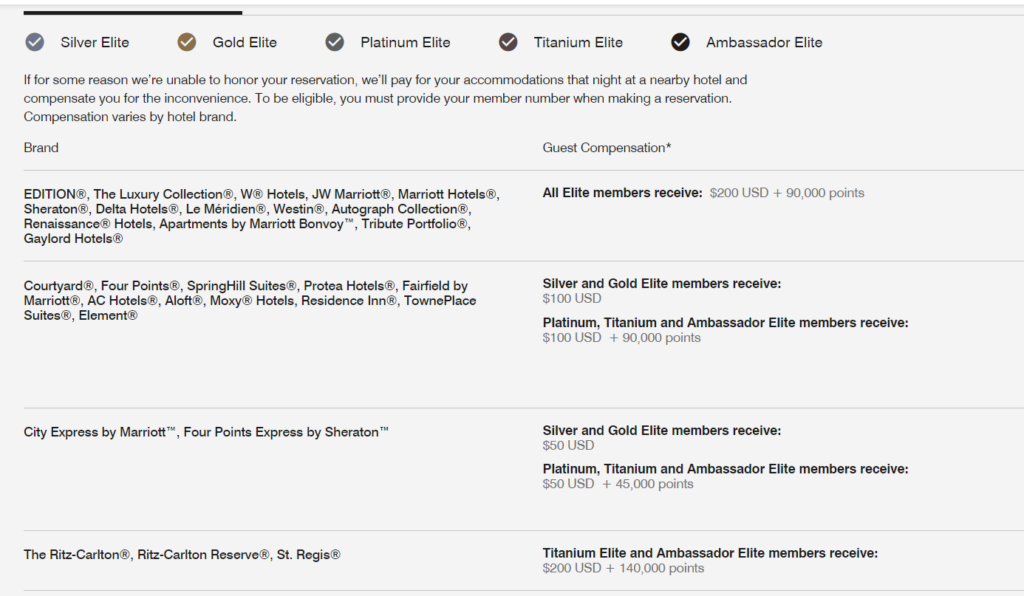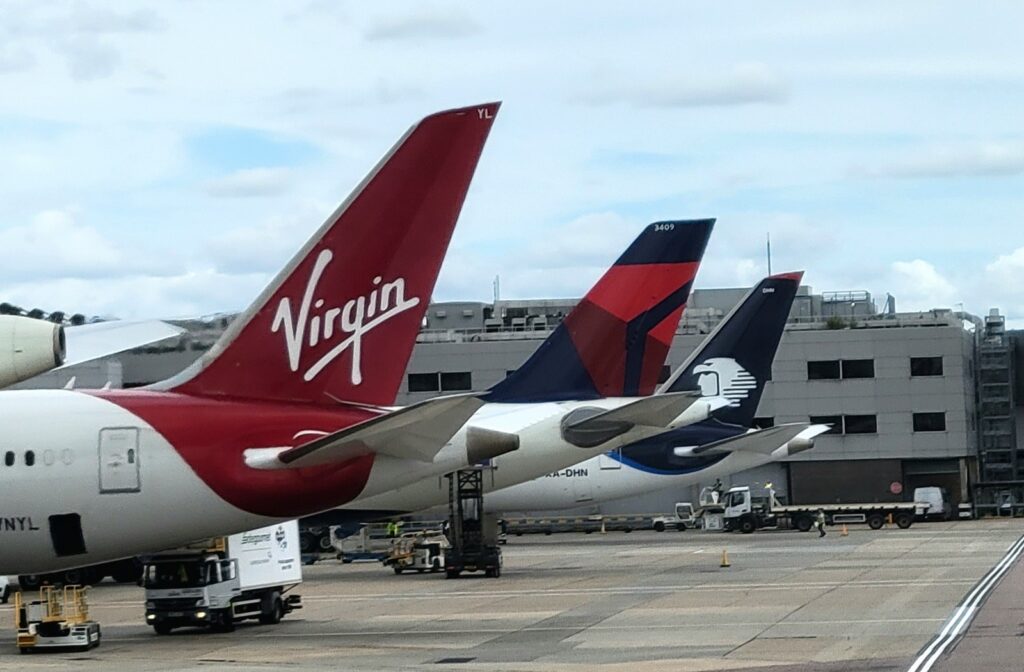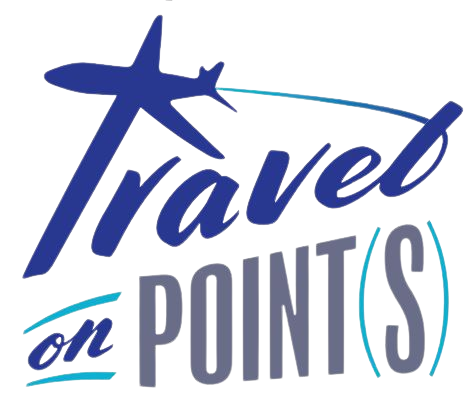Table of Contents
ToggleTravel Compensation Tips
Are you due any compensation when things go wrong? It may be one of the most debatable and disliked topics in award travel, or even travel in general. It can be frustrating to run into a problem during a trip, whether you're traveling for business or pleasure. In the heat of the moment, it's easy to lose perspective of how trivial any given issue might be (although major problems do occur as well). In today's world, it's common to see disgruntled travelers claim they will never stay with a certain brand or fly that airline ever again. If that really became the case, then those folks will eventually run out of options. As hard as it is to hear, things happen every day in travel, just like they do at a restaurant or any other service business. Delays, cancelations, or lost luggage are just to name a few of the more consequential problems that can happen. That said, you may have rights depending on the exact issue. That is why I wanted to put together some travel compensation tips together for you. It should allow you to plan for when things go wrong.

What Compensation Am I Owed
As tough as it is to hear, you might not be owed anything. Terms and conditions for hotels and airlines generally do not guarantee that everything will go according to plan. Nor do they usually tell you you will be compensated if something goes wrong. Also, the importance you give to something might not be the same as another traveler would in the exact same situation. But following some simple rules may help when it comes to asking for compensation.
While beyond the scope of this discussion, having coverage through travel insurance or credit card travel protection (or both) can help make you whole when something goes wrong. Card benefits and insurance policies vary widely, so no one can tell you exactly what you will receive without having access to your benefits guide or policy. We always suggest reviewing the terms of your travel policy and credit card benefits guide.

The Most Important Rule
One of the most important travel compensation tips I can give is to be nice. It's actually THE most important rule and it is really that simple. No matter how bad things get, being nice will help you and whoever you’re communicating with. The person you are handling an issue with may not have the power or authority to deal with it fully. Also, they may not know the exact rules regarding your problem. And if something goes wrong for multiple customers (like a canceled flight or a hotel losing power), then that person will be completely overwhelmed. Be nice and be thoughtful in how you communicate the issue, as that will help in the long run.
Further, we find ourselves at times in this world jumping to the keyboard mentality at times. Immediately hopping online and blasting someone or some brand is not the answer.
General Travel Compensation Tips
- Be nice
- Document the issue as it is happening (photos, time, location, etc.)
- Document who you spoke with and when (dates, times, etc.)
- Write everything down when time allows

Travel Compensation Tips For Issues With A Hotel
When things go wrong at a hotel, it can have a big impact on your trip. Depending on the situation and other factors, you may receive something from the hotel for your trouble. This can vary from complimentary meals to free nights or points.
However, there is no set rule based on a particular issue in most cases. None of the loyalty programs terms & conditions require hotels to compensate you for most kinds of inconveniences or mistakes. Every issue, problem, and mishap is different. There is no one-size-fits-all set of tips and tricks to resolve any issue. But here are our ToP tips for handling hotel issues generally:
- Report the issue to the front desk as soon as possible. You can do this over the phone, in person, or through a chat/text option if available.
- Document the issue in case you need it later. Using your phone's notes section is a good resource.
- Follow up if necessary. Many times, hotels have chat features or will email you prior to or arrival. Using that contact information may get better results
- If multiple issues persist or become a major problem, follow up and ask to speak with a manager.
- Again, document. Often, the front desk will say a manager is not available. Ask for more information and details such as when a manager might be available. You can always ask for a business card too.
- Follow up before departure while on property.
- If necessary, follow up after departure, including with corporate.
Exceptions
One of the main exceptions to this compensation discussion is when a guest is being walked from a hotel. This happens when, despite having a reservation, you find out the hotel is not going to honor it because they are completely sold out. When this happens, the guest will typically be transferred to a different property nearby, if possible. Specific guidelines exist for several hotel brands to handle such circumstances. The terms and conditions of each hotel contain the rules.
Travel Compensation Tips For Hyatt
If you book a room at hyatt.com and prepay with a credit card, Hyatt will have a room reserved for you when you arrive, or will provide, at no cost to you:
- A free night at a comparable hotel
- Free transportation to and from that hotel
- One free telephone call
Travel Compensation Tips For IHG
Per IHG you will receive:
- A room at another convenient and comparable hotel
- Transportation to that hotel
- Telephone calls to notify family
- The full cost of the first night's lodging rate at the original hotel, plus tax
Travel Compensation Tips For Marriott
Marriott has a very complex written policy. This means just like the Marriott credit card rules, it may be the most confusing. The policies vary and part of the compensation depends on the level of elite status you have:
- Pay for the first night at a nearby hotel
- To be eligible, you must provide your member number when making a reservation
- Compensation varies by hotel brand and status:

As you can see, Marriott breaks it down by brand and status. Although confusing, it is probably the most rewarding at times making up for a potentially frustrating situation.
Real World Hotel Examples
The Good
Recently while staying at a Hyatt, I was not upgraded to an open suite as a guaranteed benefit. Sometimes it's not a big deal for me, but I appreciate the benefit when available. In addition, I would be spending a lot of time in my room and working remotely so a larger room would be nice. I inquired during check-in, and the agent informed I had a nice view.
Later on, I replied to a welcome email I had received after checking in. Following the tips above, I was polite but just asked if they were not currently giving upgrades to Globalists. I noted that occupancy seemed really low and the hotel's website showed standard suites available. While it took a bit, they did reply and if fact agreed that I had not received the benefit I should have received. They stated it was due to staffing and housekeeping issues and promptly offered me some points. I thanked them and went on with my stay.
Another situation at a Marriott hotel credited me with points when the air conditioning was not working on several floors of the hotel.
The Bad
In another recent Hyatt stay, I ran into multiple issues. Even though I raised the issues with the front desk early on, it quickly became clear that the hotel staff was not going to extend any sort of travel compensation courtesy for my troubles. In a situation like this, guests can simply leave a review where possible and move on.

Travel Compensation Tips For Issues On A Flight
The rights of travelers, and any travel compensation, are regulated more closely when it comes to air travel. Having said that, it will still vary greatly depending on many factors. Typically, these involve what country you are flying to/from or what airline you are flying with.
The U.S. Department of Transportation has a set of guidelines and rights that may assist you in air travel not only while traveling but considerations when booking. They did make some updates in 2024, all of which are still outlined on the website. They are available here.
In Europe, Regulation (EC) No 261/2004 of the European Parliament and of the Council of 11 February 2004 establishing common rules on compensation and assistance to passengers in the event of denied boarding and of cancellation or long delay of flights, and repealing Regulation (EEC) No 295/91. The rules are available here. And for some helpful information on how to navigate a EU 261 travel compensation claim, check out this post.
Meanwhile, the United Kingdom make their resources pretty easy to understand, which are available here. Under UK law, you have important legal rights on many flights to, from or within the UK. This information is only relevant to flights covered by UK law.
The Canadian Transportation Agency has a list of passenger rights as well, available here. This can be a good resource to consult when traveling through Canada.
Travel Compensation Tips: Top Thoughts
It can add stress to a trip when things do not go as planned. Having the resources and travel compensation tips to navigate these problems can help resolve these issues, or at least reduce their impact on your trip. Another parting tip: email yourself links to the credit card benefits guide for each of your credit cards and your travel insurance policy too. Understanding your rights is half the battle.







